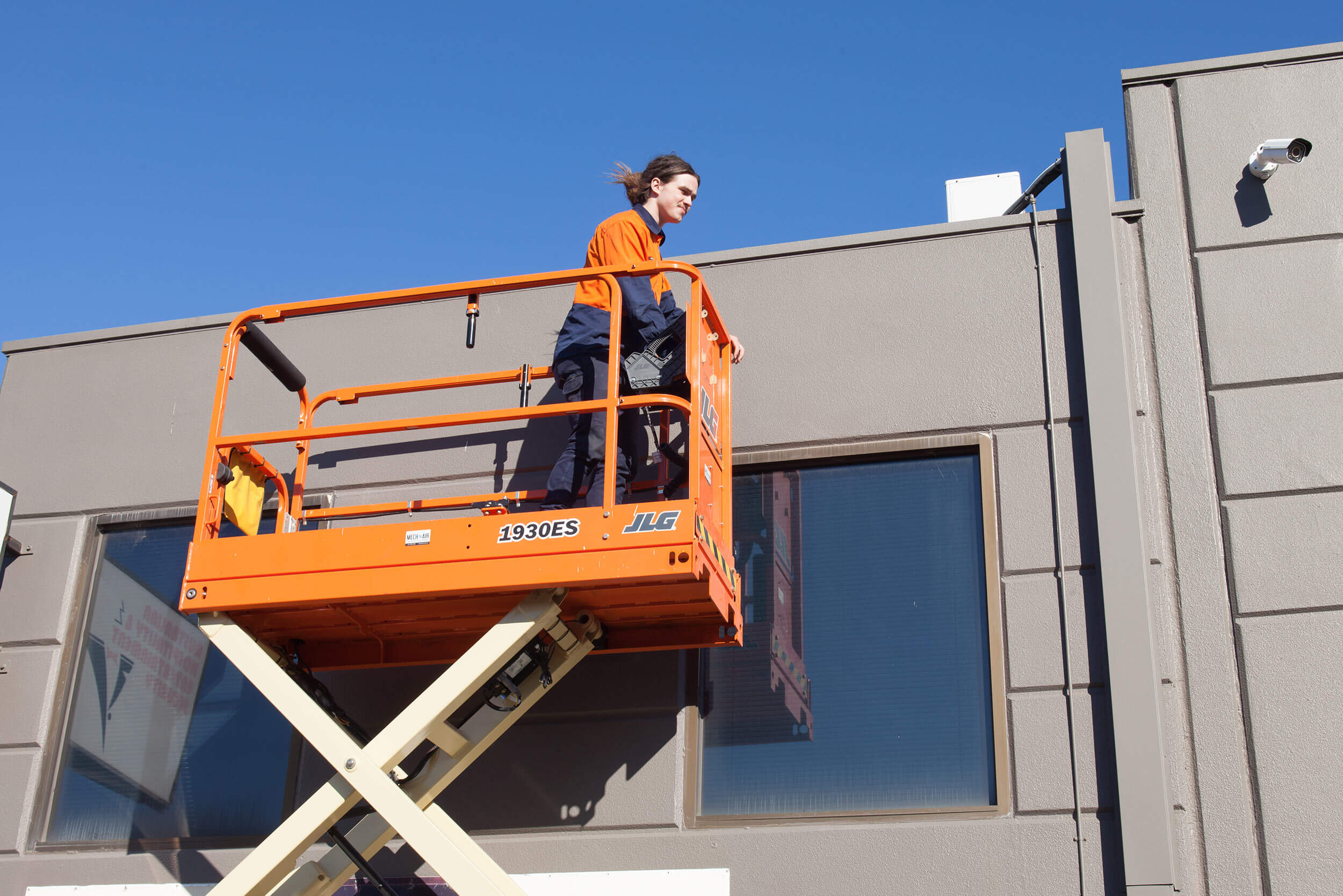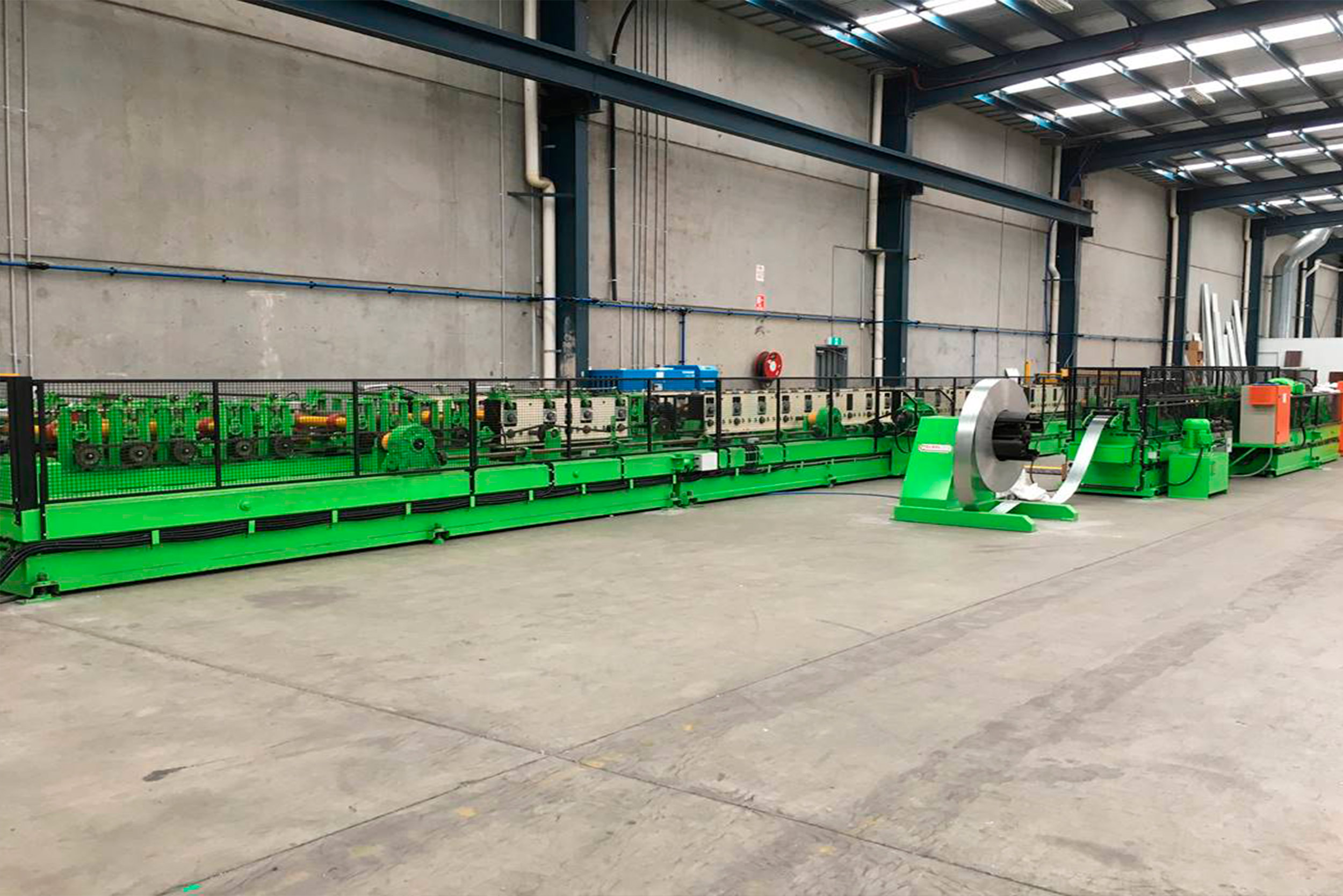What-distinguishes-an-industrial-commercial-and-residential-electrician
Electrical Services
Although the job descriptions for commercial, industrial, and residential electricians appear to be identical, there are a few significant variances.
- Residential electricians perform maintenance and repairs on homes' electrical systems.
- Commercial electricians meanwhile, primarily work in shops, public spaces, and offices.
- Industrial electricians offer electrical services in factories and processing facilities.
Each kind of electrical job requires a different set of specialized skills and training. Because commercial, residential, and industrial electricians have many distinctions from one another, this profession is not a "
one size fits all " one. Due to energy requirements, equipment used, and load requirements; an electrician will employ a different wiring style for each type of task. Additionally, the practices and materials used by electricians in commercial, residential, and industrial settings vary. Because of this, it is crucial to ensure that the electrician you hire can complete the task for you.
Residential Electricians

Of course, residences are where residential electricians operate. They use single-phase power supplies, which sets them apart from industrial and commercial electricians. Residential electricians run Romex cables and cover their wiring with encased insulation to keep it out of sight. This method reduces the wires' vulnerability to damage and shock and critically safeguards households against electric shock.
Responsibilities of a Residential Electrician
The expertise of residential electricians includes:
- Fixes to the electrical
- Domestic wiring
- Replacement of an electrical panel
- Display your lighting design
- Install recessed lighting
- Putting in a ceiling fan
- Electrical services, in general
- Electrical emergency services
Commercial Electricians

A commercial electrician might be seen installing power outlets and lighting in shops and businesses. Their wiring consists of a bigger "leg" running a higher voltage and two smaller "legs" running a single voltage, thanks to the three-phase method. The three-wire systems, therefore, enable a generally lesser effort. Commercial electricians leave the wiring exposed. However, it often runs along the exposed surfaces of walls and ceilings.
Responsibilities of a Commercial Electrician
- Installation of recessed lighting, electrical components, and commercial electrical wiring
- Repairs and maintenance of electrical panels
- Retrofits for lighting to use more energy-efficient lighting
- Electrical emergency services
- Electrical services, in general
Industrial Electricians

Industrial electricians perform similar tasks to commercial electricians in industrial settings such as mines, petrochemical facilities, and factories. Three-phase power is also used by industrial electricians. The key distinction is that instead of using MTC or MC cables to power control circuitry, they often work with RMC conduits.
Responsibilities of a Industrial Electrician
The following tasks are carried out by industrial electricians in industrial settings:
- Industry-specific industrial wiring
- Testing and maintenance of production-related electrical machinery
- Grounding of equipment
- Equipment maintenance for electricity
For all your wiring needs, turn to the qualified residential, industrial and commercial electricians at Reeves Electrical. We will complete the task correctly whether it is a home, retail, office, factory, or plant! Just call us at
+61 3 9753 6262 or get a free
online quotation.
READ ALSO 5 Reasons Why an Electrical Inspection Is Necessary Of course, residences are where residential electricians operate. They use single-phase power supplies, which sets them apart from industrial and commercial electricians. Residential electricians run Romex cables and cover their wiring with encased insulation to keep it out of sight. This method reduces the wires' vulnerability to damage and shock and critically safeguards households against electric shock.
Of course, residences are where residential electricians operate. They use single-phase power supplies, which sets them apart from industrial and commercial electricians. Residential electricians run Romex cables and cover their wiring with encased insulation to keep it out of sight. This method reduces the wires' vulnerability to damage and shock and critically safeguards households against electric shock.  A commercial electrician might be seen installing power outlets and lighting in shops and businesses. Their wiring consists of a bigger "leg" running a higher voltage and two smaller "legs" running a single voltage, thanks to the three-phase method. The three-wire systems, therefore, enable a generally lesser effort. Commercial electricians leave the wiring exposed. However, it often runs along the exposed surfaces of walls and ceilings.
A commercial electrician might be seen installing power outlets and lighting in shops and businesses. Their wiring consists of a bigger "leg" running a higher voltage and two smaller "legs" running a single voltage, thanks to the three-phase method. The three-wire systems, therefore, enable a generally lesser effort. Commercial electricians leave the wiring exposed. However, it often runs along the exposed surfaces of walls and ceilings.  Industrial electricians perform similar tasks to commercial electricians in industrial settings such as mines, petrochemical facilities, and factories. Three-phase power is also used by industrial electricians. The key distinction is that instead of using MTC or MC cables to power control circuitry, they often work with RMC conduits.
Industrial electricians perform similar tasks to commercial electricians in industrial settings such as mines, petrochemical facilities, and factories. Three-phase power is also used by industrial electricians. The key distinction is that instead of using MTC or MC cables to power control circuitry, they often work with RMC conduits. 